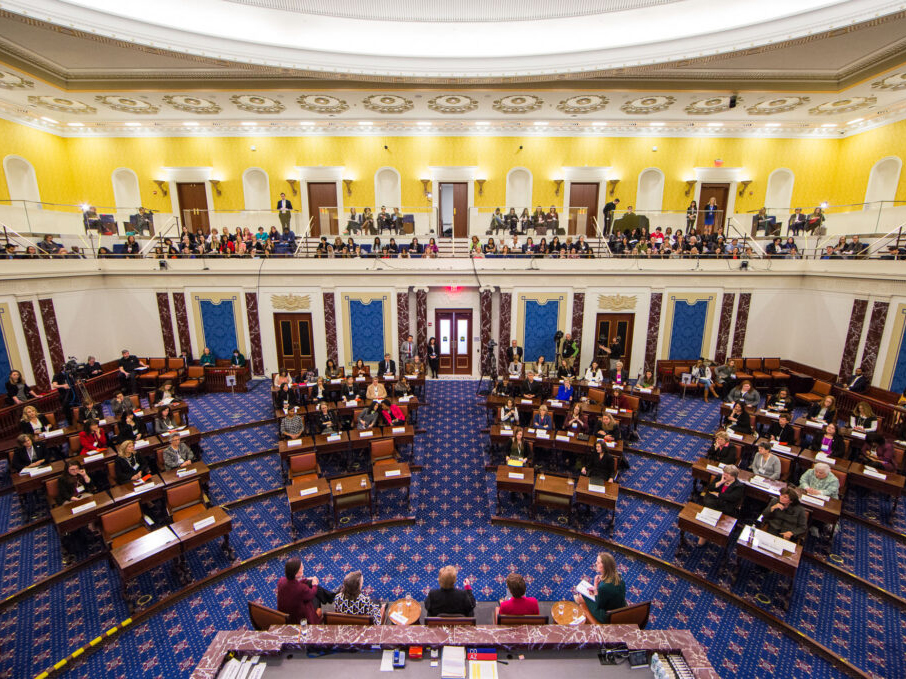
Last week, President Joe Biden made a full-throated call for the end of the filibuster. Many Democrats and activists have been calling for an end to the filibuster recently as it has been used not to foster a strong debate within the Senate, but to block legislation that is supported by the majority of people. More specifically, the filibuster is being used to block the passage of the voting rights law. The Biden administration’s sudden endorsement of the end of the filibuster may be what activists have been waiting to hear, but it would be a bridge too far to expect the president to put words into action and for him to succeed.
At this point, the question is whether or not Biden has the political capital among Democratic senators for his endorsement to change their minds on this issue, especially this late in the game. The decision to publicly oppose the filibuster at the eleventh hour might signify that the endorsement was a last resort for the administration. There’s strong evidence to suggest that it was done in order to pass the voting rights laws that Biden campaigned with. In his statement, Biden said, “We have no option but to change the Senate rules, including getting rid of the filibuster.” Going even further, the statement came less than a week before the Senate Majority Leader planned a vote on the voting rights legislation, meaning the President’s support of ending the filibuster would’ve had little if any effect on how the vote panned out.
In any case, it’s unlikely that the filibuster will be eliminated entirely with the current Congress. That kind of outcome would bring about complete agreement within the Democratic party itself and Democratic lawmakers vary staunchly on this issue. It’s far more likely that how the filibuster operates will be changed, rather than eliminated. The goal would be to set the bar higher for minority parties to impede on the majority opinion. Some have suggested the full-force return of the talking filibuster. However, this kind of change might still hinder the passing of voting rights legislation which just failed to clear a filibuster majority this week.
The Biden administration, in their decision to put such an important issue like voting rights on the backburner, have signaled that the issue of voter suppression is not a priority. It was a strategic misstep for the president to wait so long to take a stance on the filibuster. Concerns that voter suppression laws in many states are going to make future elections difficult for both Democrats and the GOP have been brought up by Republicans. The president’s lack of a strong role in the attempt to pass these voting rights laws is a slap in the face of racial minorities and their votes.
Even now, activists continue to support the end to the filibuster and the expansion of voting rights. The attention brought to the issue due to Presidential support should not be taken lightly even with Biden’s approval rate dropping to a discouraging 40%. The failure to pass voting rights legislation is being marked as a loss in the column of Democrats, but lawmakers are still affirming their commitment to voting rights. Biden’s words of support may not have been enough this time around, but his public commitment to voting rights law in the face of bruising defeat may be just the thing to fix the effects of his previous disengagement.







